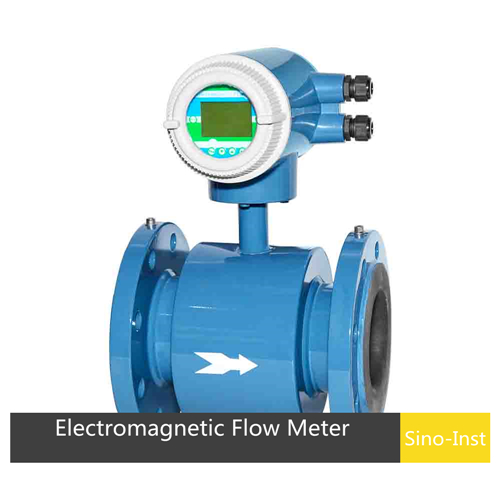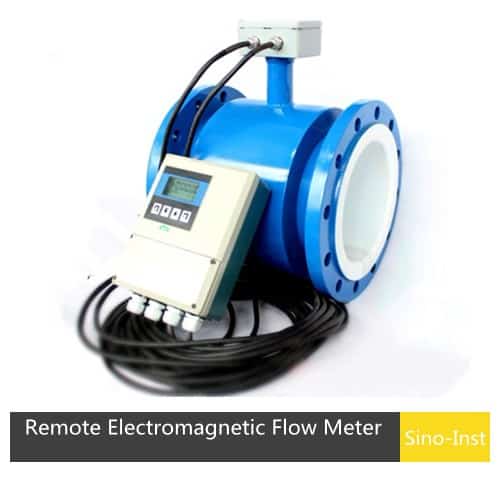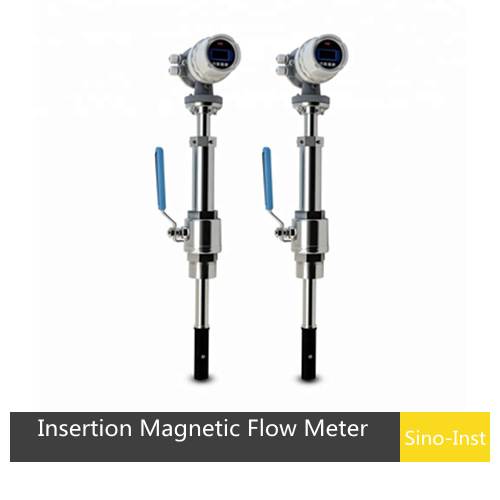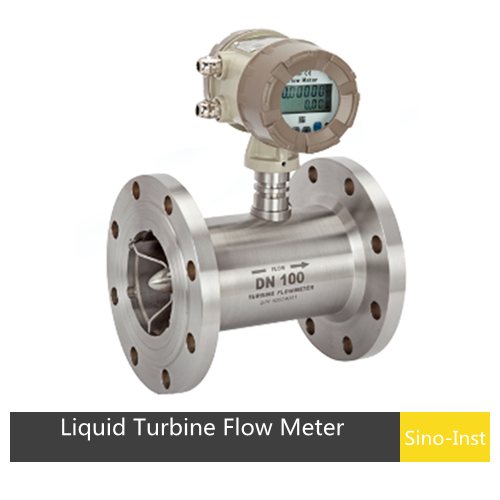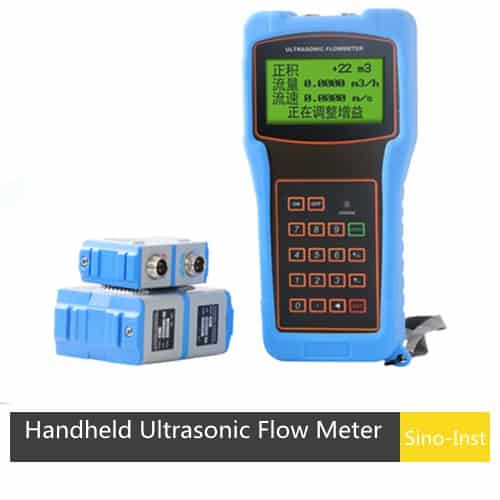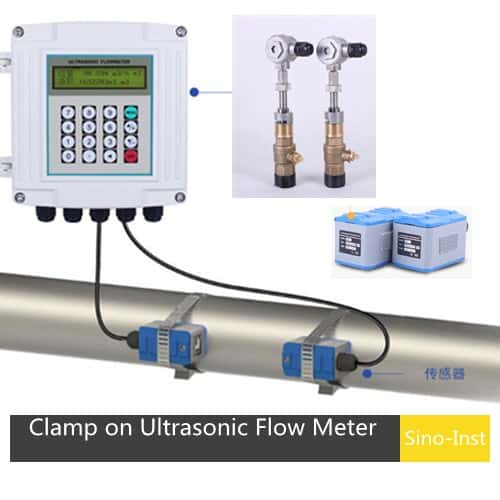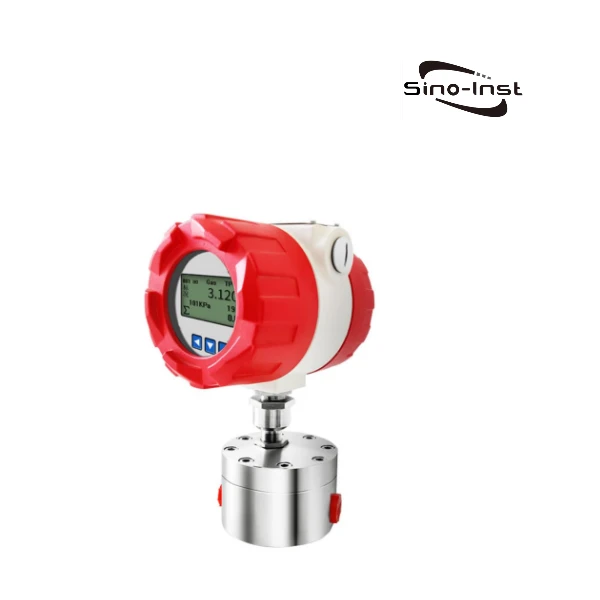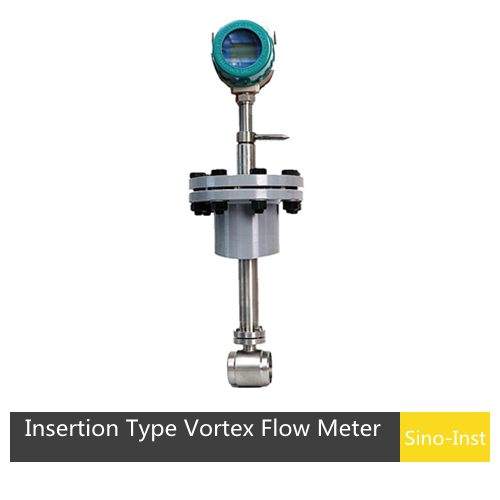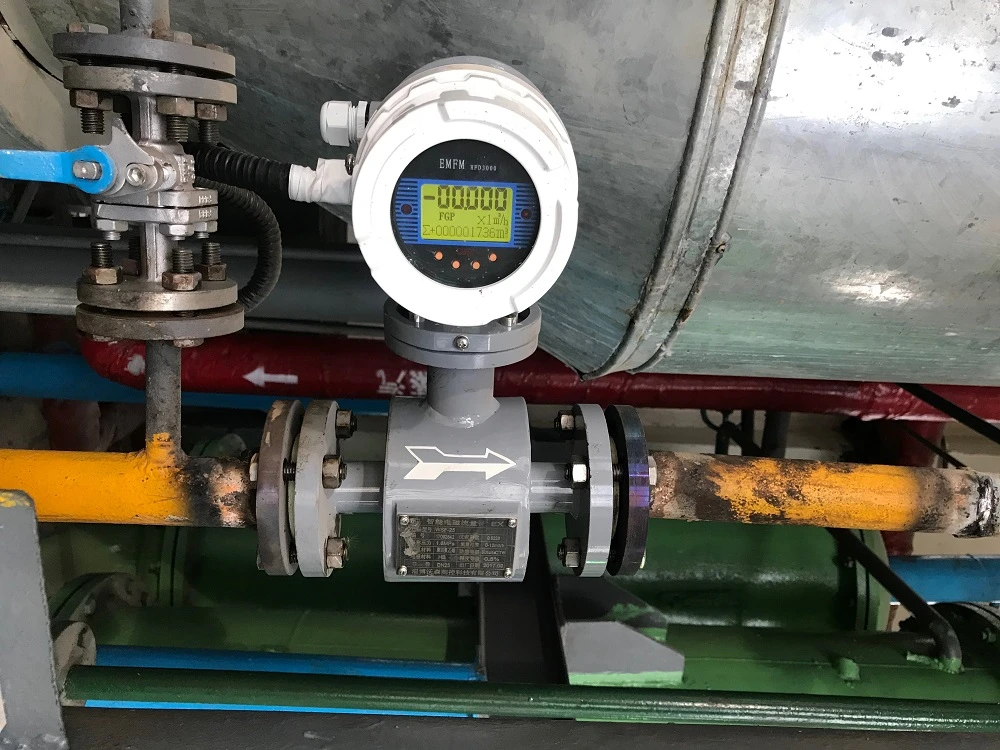
Pulse output is the main output signal of the flow meter. One of the major innovations in this field of water flow measurement is the ‘pulse output flow meter’. ‘Analog water flow meter with pulse output’ is another variety of devices with significance.
These devices offer sophisticated solutions for monitoring and controlling water flow. This blog will delve into the workings, benefits, and applications of these technologies.
What is Pulse Output?
Pulse usually refers to a pulse-like short-term undulating electrical shock (voltage or current) often used in electronic technology. The main characteristics are waveform, amplitude, width, and repetition frequency.
In digital systems, all transmitted signals are on/off, that is, there are only two electrical signals. This electrical signal is called a pulse signal (Pulse Signal), which is the basic electrical signal in all digital systems. Now it generally refers to digital signals. It has a signal for half of the time in a cycle. The signal in the computer is a pulse signal, also called a digital signal.
The pulse output is widely used in digital circuits, timers, sensors, communication systems, and other fields. It can achieve precise time control and data transmission.
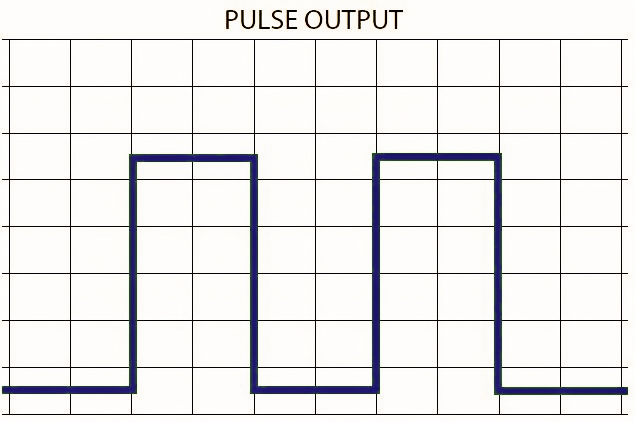
What is a Pulse Output Flow Meter?
A pulse output type flow meter means that a single DC pulse from the meter represents a number of gallons. Based on the manufacturer, a single pulse could represent one gallon or as many as ten per pulse. Usually this information is printed on the meter head or elsewhere in the documentation.
There are several types of pulse output flow meters, each with unique characteristics and suitable for specific applications.
These include turbine meters, positive displacement meters, and paddlewheel meters, among others. The popular feature among them is their ability to convert the mechanical movement caused by fluid flow into electrical pulses.
Advantages of Pulse Output Flow Meters
- The pulse output flowmeter outputs a pulse signal that is proportional to the flow rate.
- Compared with analog signals of voltage and current, pulse signals are easy to transmit remotely without reducing accuracy.
- There is no zero drift, which makes it easy to connect to a computer.
- It is easy to display cumulatively and has strong anti-interference ability.
Analog Water Flow Meter with Pulse Output
The ‘analog water flow meter with pulse output’ is a hybrid method, compounding the capabilities of both analog and digital systems. Traditionally, analog meters provide continuous output that corresponds proportionally to the flow rate. This analog signal can be easily integrated into existing control systems that rely on analog input.
However, by integrating a pulse output feature, these meters can offer the added benefit of discrete, digital data for advanced flow monitoring. This dual capability makes ‘analog water flow meters with pulse output’ extremely skilled, as they can cater to both legacy systems and modern digital networks.
Varieties of Pulse Output Flow Meters for Water Measurement
1. Turbine Flow Meters
Turbine flow meters use a rotor located in the flow stream. As water flows, it turns the rotor, and each revolution responds to a specific volume of water. A magnetic or optical sensor detects these rotations and generates a pulse for each revolution. These meters are known for their high accuracy in clean water applications and are widely used in irrigation, HVAC systems, and water distribution.
2. Paddlewheel Flow Meters
Paddlewheel meters operate on a similar principle to turbine meters but use a series of paddles for measuring flow. These meters are typically more cost-effective than turbine meters and are used in applications like cooling water systems, water management in agriculture, and swimming pools. The simplicity of their design makes them durable and reliable, especially in moderate flow conditions.
3. Positive Displacement Flow Meters
Positive displacement (PD) flow meters measure water flow by housing a fixed volume of fluid and then releasing it. The mechanical motion of the trapped water generates pulses.
PD meters are known for their precision and are commonly used in applications requiring high accuracy, such as residential water meters or industrial water consumption monitoring.
4. Magnetic Flow Meters with Pulse Output
Magnetic flow meters use the principle of electromagnetic induction to measure flow. These meters are idealistic for applications where the fluid is conductive, such as water with suspended particles or chemicals. With no moving parts, mag meters are extremely reliable and provide long-term accuracy with minimal maintenance.
5. Ultrasonic flow meter
Ultrasonic flow meters are another flow device in that they measure flow without using any moving parts. They have no rotating or repeating aspect, which can create pulses directly. The flow is determined by an algorithm producing a number that exactly represents the flow at that instant. This number is used to synthesize a pulse output (square wave) based on a parameter (often expressed as “pulses per unit”.
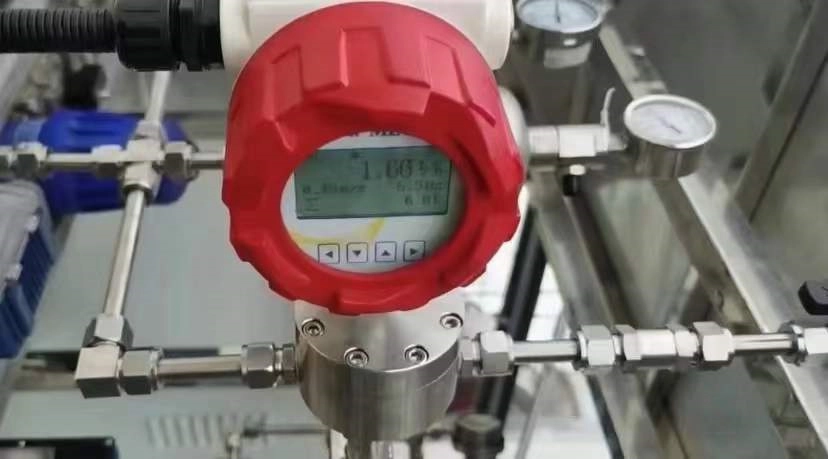
Applications of Pulse Output Flow Meters
The versatility of pulse output flow meters makes them suitable for a wide range of applications across various industries. Some of the most common use cases include:
- Water Management and Irrigation
- Municipal Water Distribution
- Building and Facility Management
- Industrial Applications
More Featured Flow Measurement Solutions
- Slurry & Sludge Flow Measurement
- High-Pressure Flow Meters
- Cooling Water Flow Measurement
- Industrial Nitrogen Flow Meters
- Industrial Nitrogen Gas Flow Meters
- Industrial Liquid Nitrogen Flow Meters
- Flowmeters for Cryogenic Fluids Flow Measurement
- Flow Meters for Domestic Water-Potable Water-Drinking Water
- Industrial Oil Flow Meters
Pulse output flow meters, including pulse flow meters and analog water flow meters with pulse output, represent some of the most advanced and versatile solutions in water flow measurement today.
Whether you’re managing a municipal water distribution system, optimizing an irrigation network, or monitoring industrial water usage, these meters offer the precision and flexibility needed for modern water management.
Sino-Inst is a prominent company that offers a wide variety of Pulse Output Flow Meters. If you need to purchase or have related technical questions, please feel free to contact our engineers!
-1.jpg)
